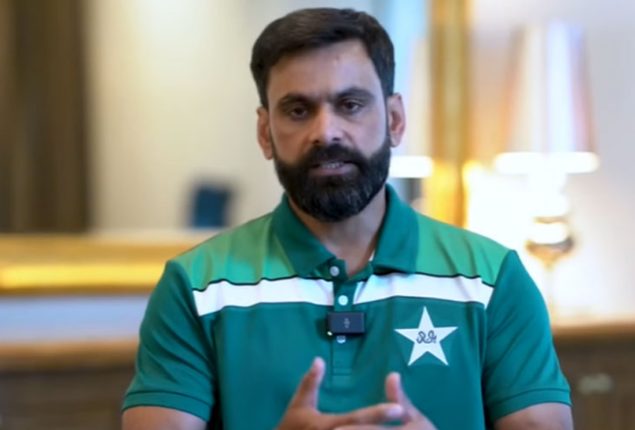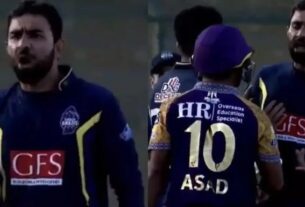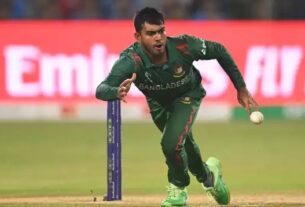1. Hafeez
The seasoned cricket player with a wealth of knowledge and skill, Mohammad Hafeez, spoke candidly about the team’s difficulties. Hafeez is a well-respected player with decades of experience, therefore his opinions are significant in the cricket community. During this discussion, he outlined the main areas in which he thinks the team can do better, emphasizing leadership, cooperation, and the mental difficulties that athletes face under duress.
Hafeez’s frank observations offer a useful window into the inner workings of a group that must meet high standards. Hafeez’s perspectives are relevant and crucial for comprehending the dynamics of the squad, from assessing performance lapses to talking about possible tactics for future success.
2.Team work and unity
Unity is crucial for every sports team, but it’s especially important for a national cricket team, which is highly followed. Hafeez underlined that having a cohesive team requires more than simply players doing well on their own; it also requires them to function effectively together. Hafeez asserts that “each player’s complete commitment to the team’s goals is essential to team success.”
Hafeez promotes better player communication, building on this basis. He thinks that when athletes freely express their worries and tactics, it improves decision-making and lessens miscommunications on the field. According to Hafeez, this collaborative spirit may propel the team ahead and foster an atmosphere where each member feels encouraged.
3.Technical sides
Technically speaking, Hafeez gave the squad advice on particular areas where they may improve. He pointed out shortcomings in a few crucial areas, such bowling consistency and hitting technique, which he thinks may be fixed with tailored training plans and concentrated practice. Hafeez’s technical insights provide a path forward, especially for younger players who want to get better.
Hafeez offers tailored training plans to address these technical areas and stresses the value of taking lessons from both achievements and setbacks. Players shouldn’t be afraid to review their performance numbers and look for areas where they can improve, he said.
4. Future
Afeez offered insightful counsel for the upcoming generation of athletes. He emphasized the value of self-control, commitment, and a growth attitude. Younger athletes should appreciate their teammates, work to improve constantly, and see obstacles as chances to develop, he said.
Hafeez’s philosophy of long-term success is based on humility and lifelong learning. Future athletes should concentrate on developing a strong work ethic, staying psychologically and physically prepared, and realizing the importance of teamwork, he counsels.
Also




